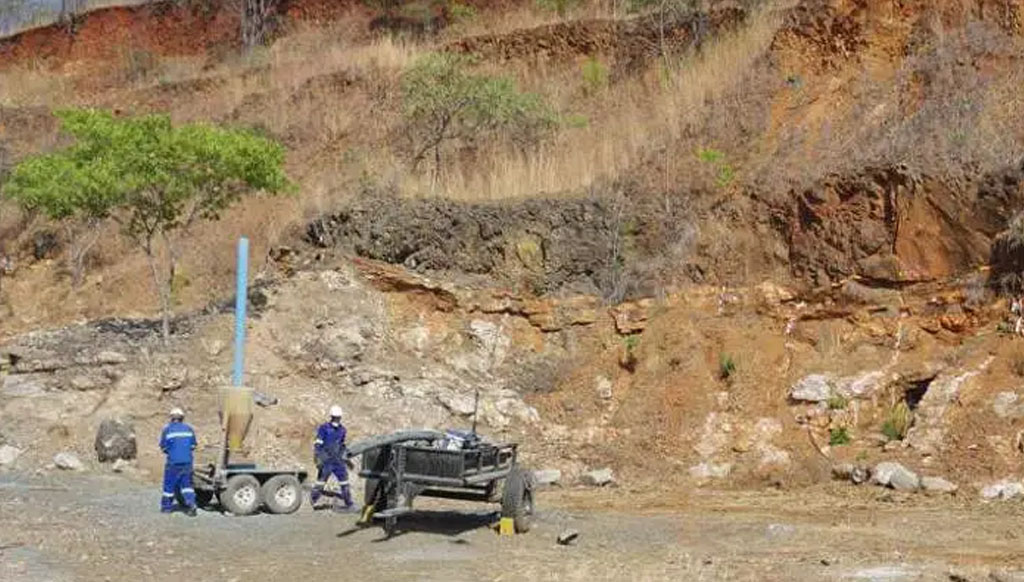- Prospect Resources, Zimbabwe has signed agreements for the sale of its 87 percent stake in the Arcadia lithium project to China’s Zhejiang Huayou Cobalt Limited.
- The Chinese company will pay a US$387 million to acquire the Project.
- The hard-rock lithium mine, located near Harare is considered to be one of Africa’s most advanced lithium projects under development.
Prospect Resources, Zimbabwe has signed agreements for the sale of its 87 percent stake in the Arcadia lithium project to China’s Zhejiang Huayou Cobalt Limited. The Chinese company will pay US$387 million to acquire the Project. The hard-rock lithium mine, located near Harare is considered to be one of Africa’s most advanced lithium projects under development. The company expects the transactions to be completed by the first quarter of next year or early in the second quarter of 2022. The Arcadia project aims to process 2,4 million tonnes of ore per year.
Huayou a leading Chinese new energy materials producer, listed on the Shanghai Stock Exchange has a major presence in the development and production of cathode materials, research and development and production of battery and development of battery metal resources. Huayou has been operating two copper and cobalt mines in DRC since 2007.
According to Prospect Resources, the acquisition proved the advantages of its special economic zone status, and also the potential of Zimbabwe as a leading global player in the production of Lithium. In a statement issued, the company said that Arcadia has the potential to generate job opportunities and earn export revenues for Zimbabwe. Once fully developed, it can position Zimbabwe firmly into the electric vehicles supply chain and as a destination for investment.
Lithium widely regarded as the “new gold,” a key ingredient in rechargeable batteries, is shooting into prominence, as the world drifts towards the exclusive use of lithium-ion powered electric vehicles. The move marks Huayou’s second foray into lithium, within a week and the latest acquisition of overseas battery mineral resources by Chinese companies looking to shore up supply to meet demand from the burgeoning electric vehicle (EV) sector.





